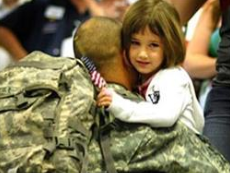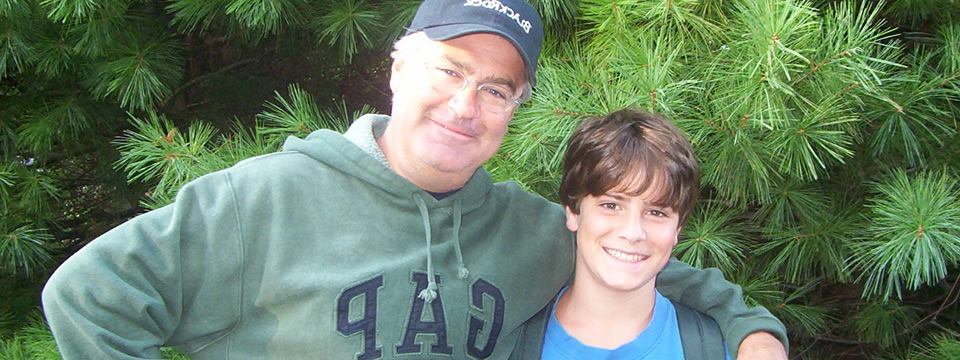Let’s work together to truly bring mentoring relationships to scale
By Michael Garringer, MENTOR, Director of Knowledge Management
The recent “Real Mentoring Gap” article summarized a lot of what MENTOR has been discussing, both internally and with key external partners, since The Mentoring Effect report was released. A few quick thoughts:
– While the percentage of American youth who get their mentoring solely from a formal program is small, I think that speaks more to the ready accessibility of informal mentors than any failing by the nation’s mentoring service providers. What programs have done an excellent job of is providing targeted support and more purposeful interventions (and this is reflected in the report findings) than a neighbor or coach or pastor or teacher could provide. To be honest, we don’t want many youth to ONLY get programmatic mentoring. Youth should have both formal and informal mentors in their lives, as needed. Our challenge on the program side is to make sure that those who need more targeted help through a program can get that help. And that’s why MENTOR works so hard to increase investment in the nation’s mentoring programs. They fill a void that will always exist.
– That being said, you are right, Jean, that our society could do a much better job of being there for children who are not our own. The broken nature of far too many communities and the isolation felt by too many American adults has created a perfect storm of disconnection for a huge group of American youth. We can do better. I think there is much the formal mentoring field can offer in solving this problem. We have the knowledge about forging meaningful and lasting relationships between adults and children. It’s time our field starts seeding and supporting, to the degree we can, those relationships outside of our typical program structures. At MENTOR, we will be addressing this need head on in the years to come. Through innovations happening at our Mentoring Partnerships and alongside key national partners, we are pursuing several strategies that we think can make a difference in closing the gap you so eloquently articulated here, Jean.
Personally, I feel that the tide is turning a bit on this issue. I get the sense that many American’s are starting to realize that we need to reinvest in the social contract that says that our community’s children really are, as Dr. Putnam states, “OUR kids” in the deepest sense. I hope we are on the cusp of a new era of community engagement, of caring for one another, of backing up our wish that children are cared for with real action and real involvement in the lives of youth. I think it’s becoming increasingly clear to most Americans what happens when we collectively fall short of that responsibility.
We promise to be at the forefront of this push and we’ll certainly be sharing more about that work in the year to come. I encourage the entire mentoring field to think about how we can translate our programmatic work into a broader movement that brings mentoring to more children. As you note, Jean, and as Dr. Putnam shows in his work, the consequences of not doing this are dire. So let’s work together to truly bring mentoring relationships to scale for the nation.











